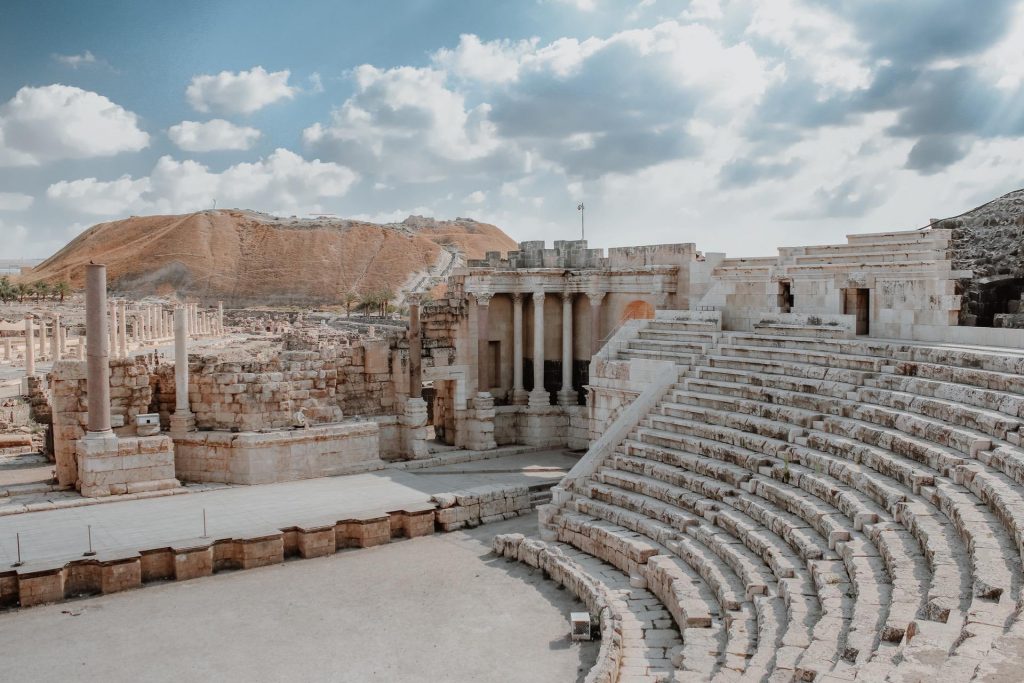
The book of Hebrews gives us a definition of faith from God’s perspective, “Now faith is being sure of what we hope for and certain of what we do not see.” That certainty must be rooted in our understanding of who God is, because faith is not a self-manufactured product for us to create and apply as we so desire. It is not confidence in ourselves. It is confidence in the revealed character of God. Of that, even pagans know something, for Romans so testifies, “For since the creation of the world God’s invisible qualities—his eternal power and divine nature—have been clearly seen, being understood from what has been made, so that men are without excuse.”
From that we gain that even pagans know that God is eternal, that God is powerful and that God alone is God! So testifies the Roman centurion that Jesus is interacting with, “The centurion replied, “Lord, I do not deserve to have you come under my roof. But just say the word, and my servant will be healed. For I myself am a man under authority, with soldiers under me. I tell this one, ‘Go,’ and he goes; and that one, ‘Come,’ and he comes. I say to my servant, ‘Do this,’ and he does it.”
Every solider serves at the pleasure of their commanding officer. The commander tells the soldier to do something, and they do it. They have to do it, because not only is that the rule of the chain of command, but there are significant consequences to not doing it. In times of war, your life and the lives of those you serve with rest on whether or not you obey your commander. In times of peace, what your day and future look like rests on whether or not you obey your commander. So soldiers learn to obey, and commanders learn the responsibility of instructing correctly. The chain of command is effective and powerful. The centurion knew that, and he also knew that God alone is God, and that as God, He is absolutely sovereign. God is the top of the chain of command! So if God were to give a command, he could be assured it would be fully complied with.
This centurion wasn’t a Jew and hadn’t grown up in synagogues, but nevertheless he has faith in what little he knows of God, and he acts on that faith. It isn’t much, but that is all God asks of those who follow Him.
“When Jesus heard this, he was astonished and said to those following him, “I tell you the truth, I have not found anyone in Israel with such great faith.”
That Jesus makes such a comment is not only a solid affirmation of the centurion’s faith, but a resounding and very pointed jab at the community of faith represented by those who were following Him. For the centurion it is a compliment, but for the Jew it is a sarcastic comment; an outsider – an ostensively pagan outsider at that – has more faith than “the people of God”!
Faith is not something we store up and show off once in a while like a treasure. It is something we act on. It is to our soul what inspiration is to our mind. It is to our body what oxygen is to our muscles. Either you use it and find yourself better off for having done so, or you disregard it and let it atrophy into uselessness.
Faith causes one to evaluate worldly realities in light of eternal realities.
David A. deSilva

